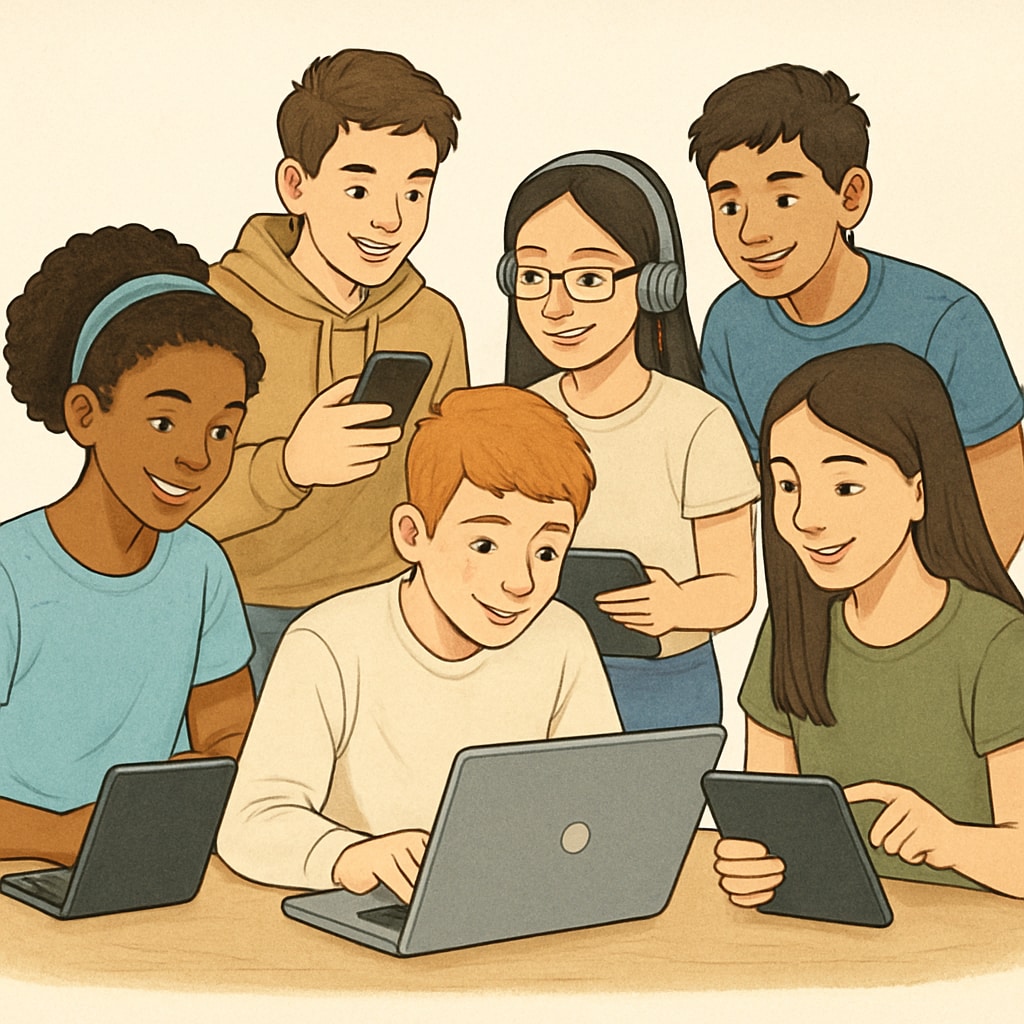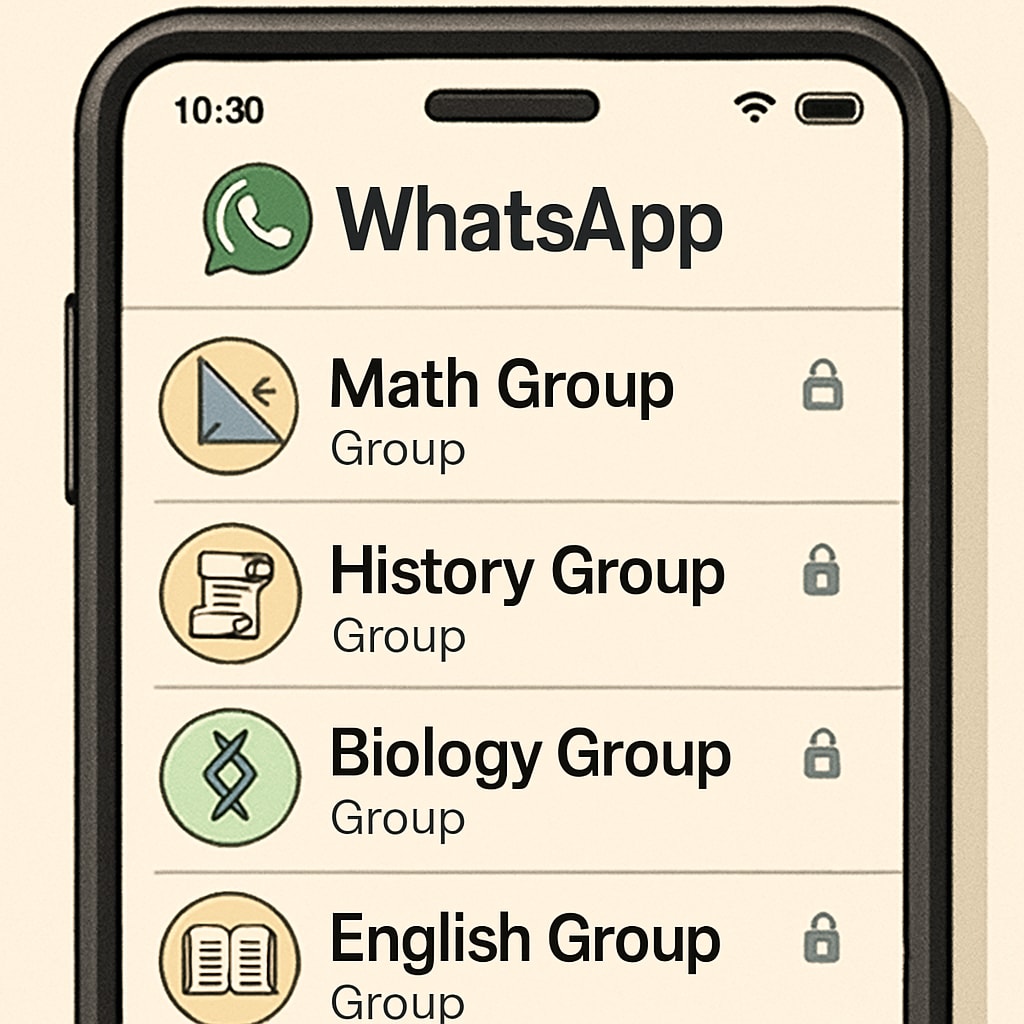In today’s digital learning era, online study groups on platforms like Discord and WhatsApp have become invaluable resources for K12 students seeking peer support, shared resources, and academic motivation. These virtual communities offer safe spaces for collaborative learning beyond classroom walls.
Why Online Study Groups Matter for K12 Learners
Research from Edutopia shows that peer learning communities improve academic performance by 20-30%. For K12 students, these groups provide:
- 24/7 access to study partners
- Diverse perspectives on challenging subjects
- Accountability through group goals
- Shared digital resources (notes, videos, study guides)

Finding Quality Study Communities on Discord
Discord servers have become hubs for subject-specific learning groups. Follow these steps to find appropriate ones:
- Search using education-focused server directories like Disboard
- Look for servers with active moderation and clear rules
- Verify age-appropriate content (many servers require student ID verification)
- Check for organized channels (separate areas for different subjects)
WhatsApp Learning Groups: What to Look For
Smaller WhatsApp groups often provide more intimate learning environments. Key features of effective groups include:
- Limited membership (15-30 active participants)
- Weekly study schedules
- Resource-sharing protocols
- Adult supervision for younger students

Safety First: Protecting Students in Online Spaces
Always prioritize digital safety when joining study communities. Essential precautions include:
- Using school-approved platforms when available
- Never sharing personal information
- Reporting inappropriate content immediately
- Parents monitoring elementary/middle school groups
Pro Tip: Many schools now create official Discord servers or WhatsApp groups – check with your teachers first before joining independent communities.
Online study groups on Discord and WhatsApp can transform learning experiences when used properly. By selecting well-moderated communities and following digital safety guidelines, K12 students gain access to global learning networks that complement their formal education.


